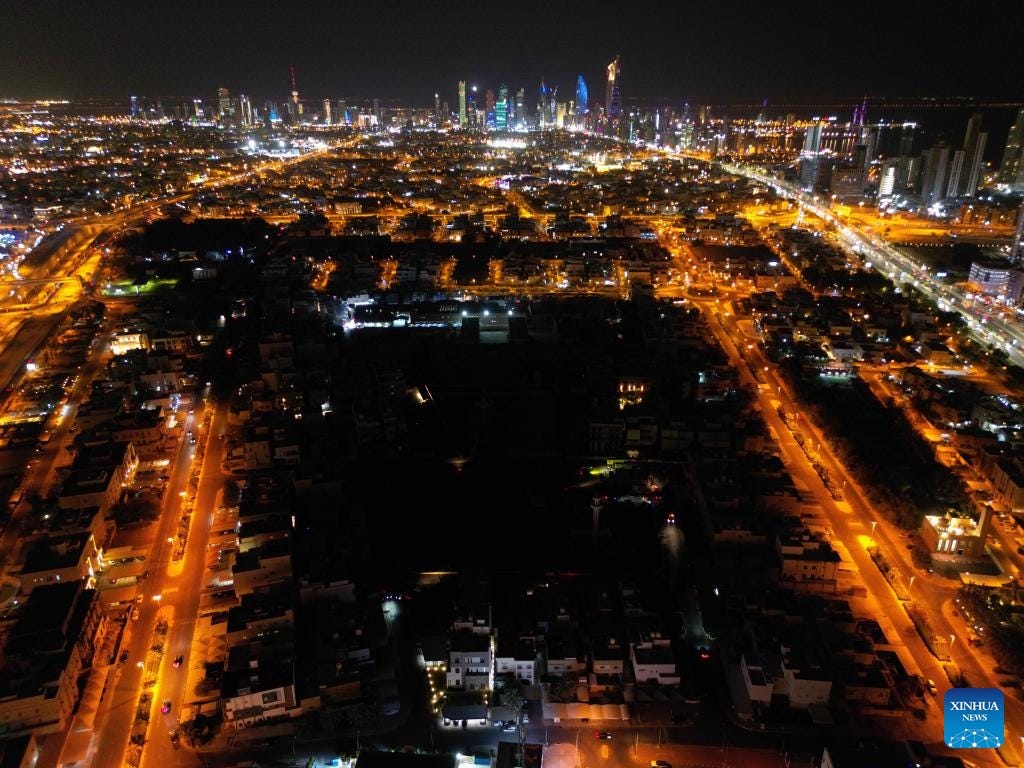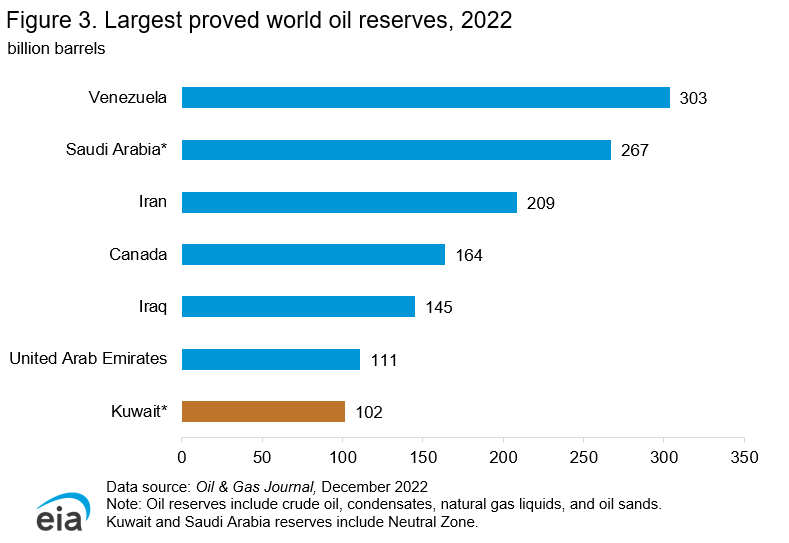"Power outages are a stark reminder that energy is not just a commodity, but the foundation of civilization."— Bill McKibben
It was the middle of July 2024, and Kuwait City was boiling. The midday temperature hit 53°C (127.4°F), and the humidity made it feel even worse. Asphalt softened. Car tires burst. Delivery drivers wrapped wet towels around their necks as they rushed between stops.
But this time, something was different: the air conditioning had stopped.
Hospitals scrambled to fire up diesel generators. Families clustered in the dark around battery-powered fans. In one of the world’s richest oil-producing countries, citizens were sweating in silence.
The silence didn’t stop at residential neighborhoods. Elevators in office towers sat frozen. Traffic lights blinked out. Malls turned people away at the door. This wasn’t a glitch—it was a planned, coordinated grid emergency. Kuwait had run out of electricity.
How could this happen?
A country that exports more energy than many others consume—one sitting on vast oil and gas reserves—was powerless at the moment it needed energy most. Not for lack of fuel. For lack of infrastructure. Kuwait didn’t run out of gas—it ran out of functioning gas turbines.
And if Kuwait can go dark, any nation can.
This isn’t a developing-world problem. It’s a warning to developed economies from Boston to Berlin. What happened in Kuwait is the predictable outcome of ignoring engineering realities in favor of policy wishful thinking. At the center of this crisis lies an often-overlooked, underappreciated piece of grid infrastructure: the natural gas turbine.
Kuwait should never run out of electricity.
With more than 100 billion barrels of proven crude and plentiful gas reserves, it ranks among the most energy-rich nations on Earth. Oil accounts for over 90% of government income and has built the country’s hospitals, roads, and public payrolls. And yet, in 2024 and 2025, the lights went out.
It wasn’t due to a fuel shortage. Kuwait wasn’t facing global LNG price spikes or being outbid by major importers. Citizens pay some of the lowest electricity rates in the world, thanks to heavy government subsidies. The crisis was simpler, more alarming: Kuwait couldn’t convert its abundant fuel into electricity fast enough.
Keep reading with a 7-day free trial
Subscribe to The Monetary Skeptic to keep reading this post and get 7 days of free access to the full post archives.






